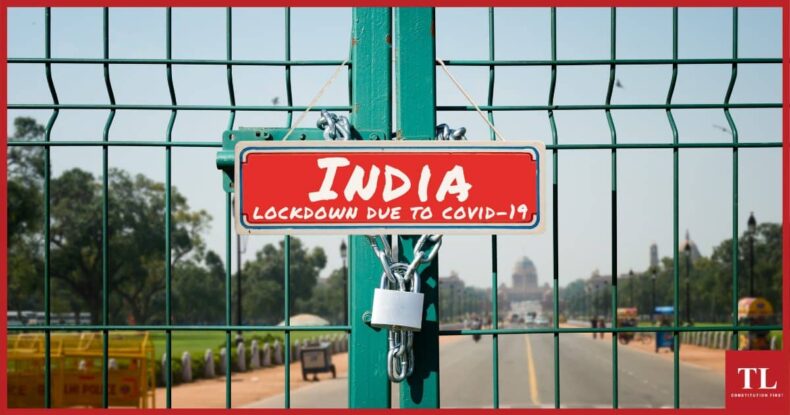In response to a spike in Covid cases worldwide, the Indian government has stepped up its preparations. To ensure that the COVID-19 health facilities are ready to handle the surge in clinical care needs due to increased cases, the Union Health Ministry has asked the states and Union territories to conduct simulated drills at all healthcare facilities on Tuesday. Rajesh Bhushan, the union health secretary, wrote to the states on Saturday and explained that to handle any emergencies, the necessary public health measures must be put in place in all of the states owing to a spike in the Covid trajectory in numerous countries.

China sees an increase in new coronavirus infections after enacting the zero-Covid policy to limit and isolate Covid-19 illnesses. In India, there are 10 different forms of SARS-CoV-2. The latest is number 7. The Delta virus, which sparked India’s second epidemic wave, is still active. During a review meeting, Union Health Minister Mansukh Mandaviya underlined the value of prudence. In crowded locations, mask-wearing has been recommended.
According to a recent tweet from Dr. Anil Goyal of the Indian Medical Association, there won’t be a lockdown because 95% of the population is immunized. Chinese people’s immune systems are inferior to those of Indians. India has to return to the core COVID principles of testing, treating, and tracking claims ANI. On Thursday (December 22, 2022), India saw an increase in daily coronavirus cases and identified 185 new infections amid the Covid-19 fourth-wave concern.
Specialists have cautioned that the present Covid scenario in India does not call for restricting international flights or imposing a lockdown. Still, there is a need for greater surveillance and vigilance in light of the surge in cases in many countries.
They said that since Indians have the advantage of “hybrid immunity,” or natural immunity brought on by infection and strengthened by vaccination, a new outbreak of severe Covid cases and hospitalizations is unlikely to occur.
Specialists have cautioned that the present Covid scenario in India does not call for restricting international flights or imposing a lockdown. Still, there is a need for greater surveillance and vigilance in light of the surge in cases in many countries.

They said that since Indians have the advantage of “hybrid immunity,” or natural immunity brought on by infection and strengthened by vaccination, a new outbreak of severe Covid cases and hospitalizations is unlikely to occur.
How India is Getting Ready in Case of Lockdown in January 2024
Due to the advent of the very contagious Omicron sub-variant BF.7, India is prepared for a potential shutdown in January 2024. Increased testing, contact tracking, and social segregation are just a few of the preventative steps the Indian government has already started putting in place to slow the spread of the virus. The government is also urging people to take the appropriate safety measures to shield their families and themselves from the illness.
The very contagious Omicron subvariant BF.7
The original SARS-CoV-2 virus has been detected in India as the Omicron sub-variant BF.7, a highly contagious form. It has the potential to cause more severe diseases than its ancestors and is thought to be more infectious. Though it is said to have started in India, it has now spread to other continents.
95% vaccination coverage and complex immunity to prevent lockdown
The Indian government has set a target of establishing strong immunity and 95% vaccination by the end of the year to avoid a potential lockdown in January 2024. In other words, those who are not immunized will have developed a natural immunity to the virus via exposure, and 95% of the population will have received a vaccine against it. This will lessen the virus’s ability to propagate and, thus, reducing the possibility of a shutdown.

News Updates Express Concerns Regarding New Variants
Concerns about how infections with new variations would impact the situation in India have been highlighted by media reports. There are particular worries that the Omicron sub-variant BF.7 may be more harmful than its forerunners and may cause an increase in instances. The Indian government has responded by taking further measures to stop the virus’ spread and guarantee that the populace has received vaccinations.
India’s January 2024 plan aims to prevent a lockdown
India is still expecting to prevent a shutdown in January 2024 despite the appearance of the very contagious Omicron sub-variant BF.7. By the end of the year, the government hopes to achieve complex immunity and 95% vaccination rates. In addition, the government is urging people to take the appropriate safety measures to shield their families and themselves from the virus.













